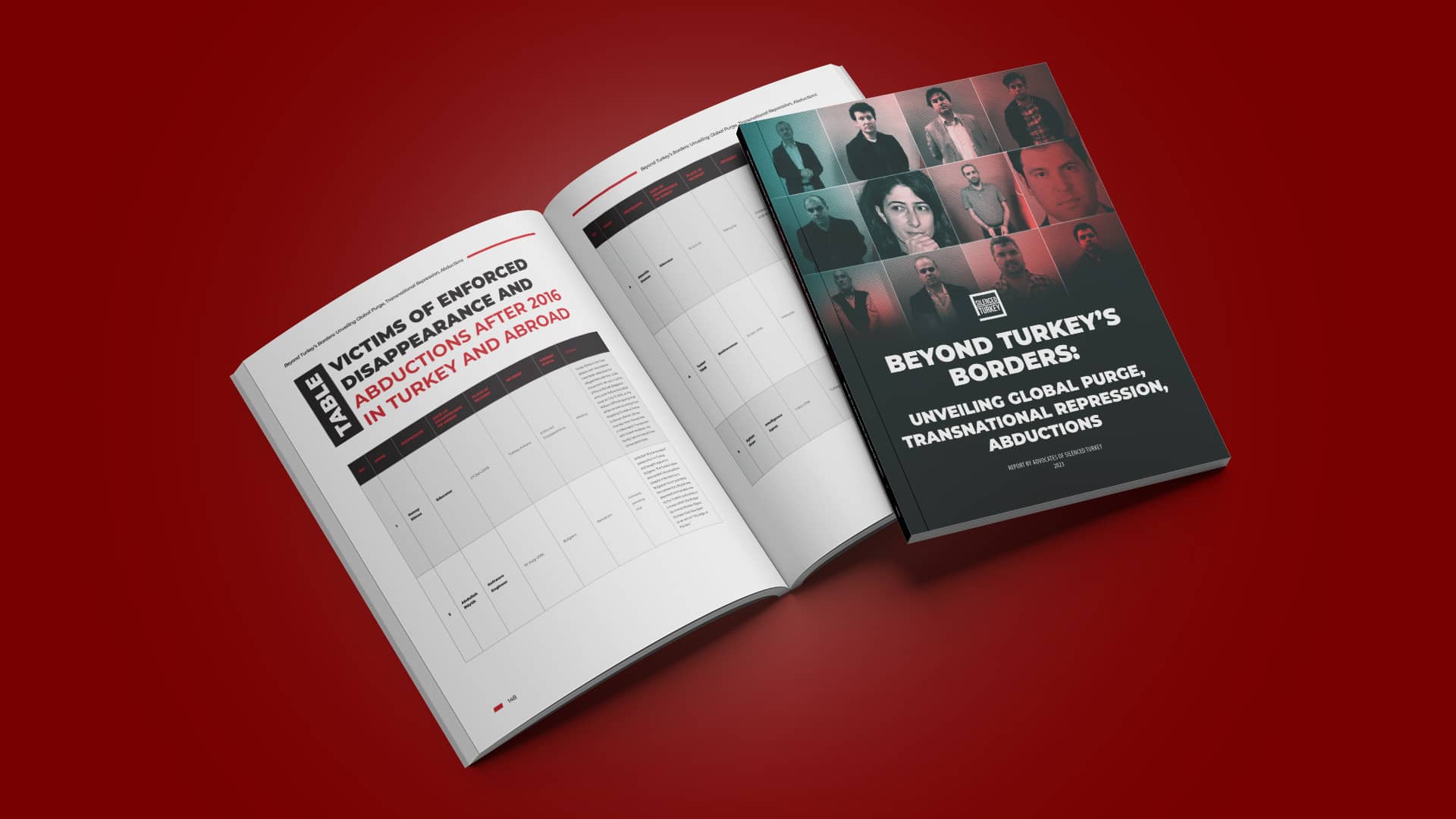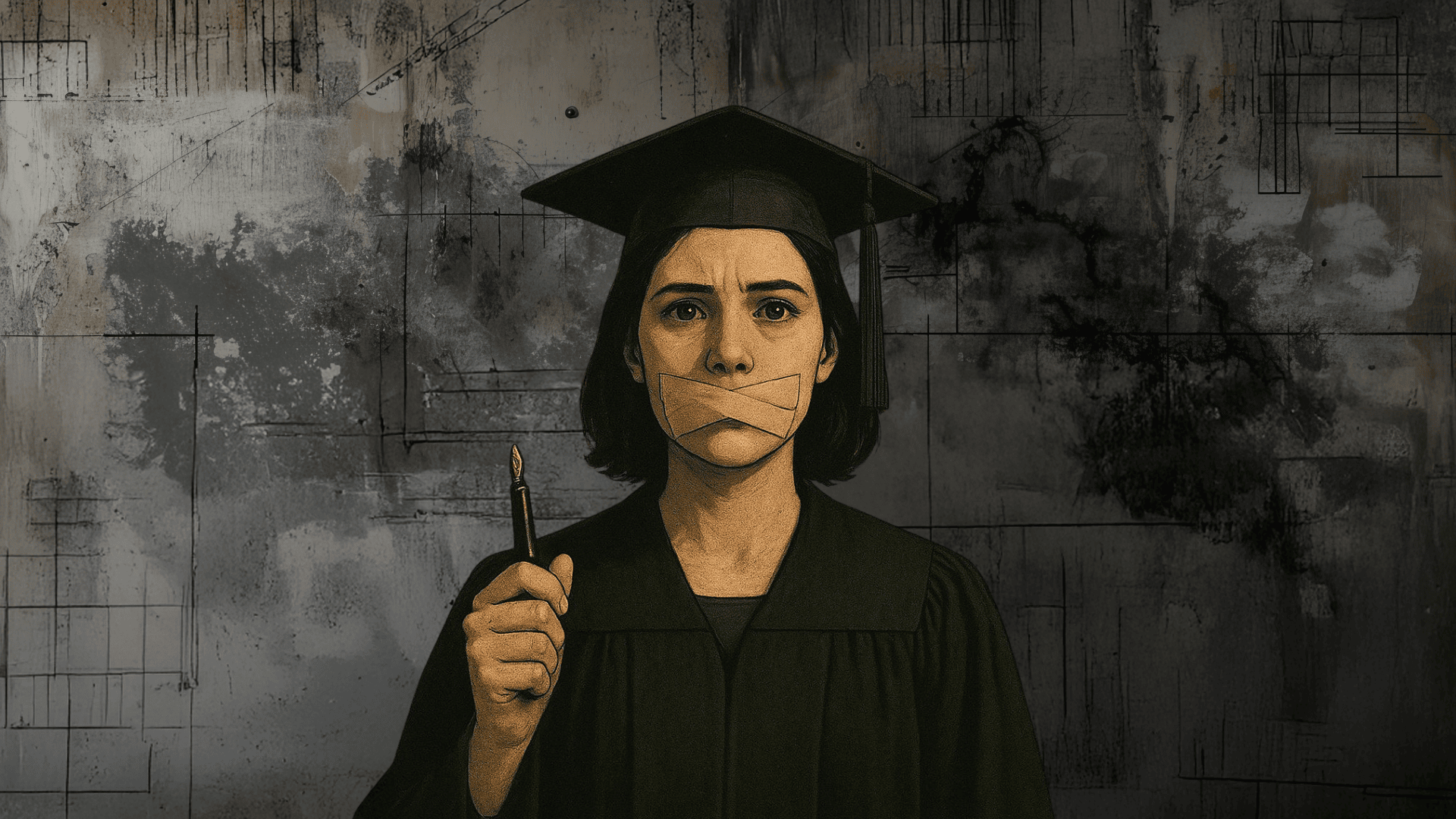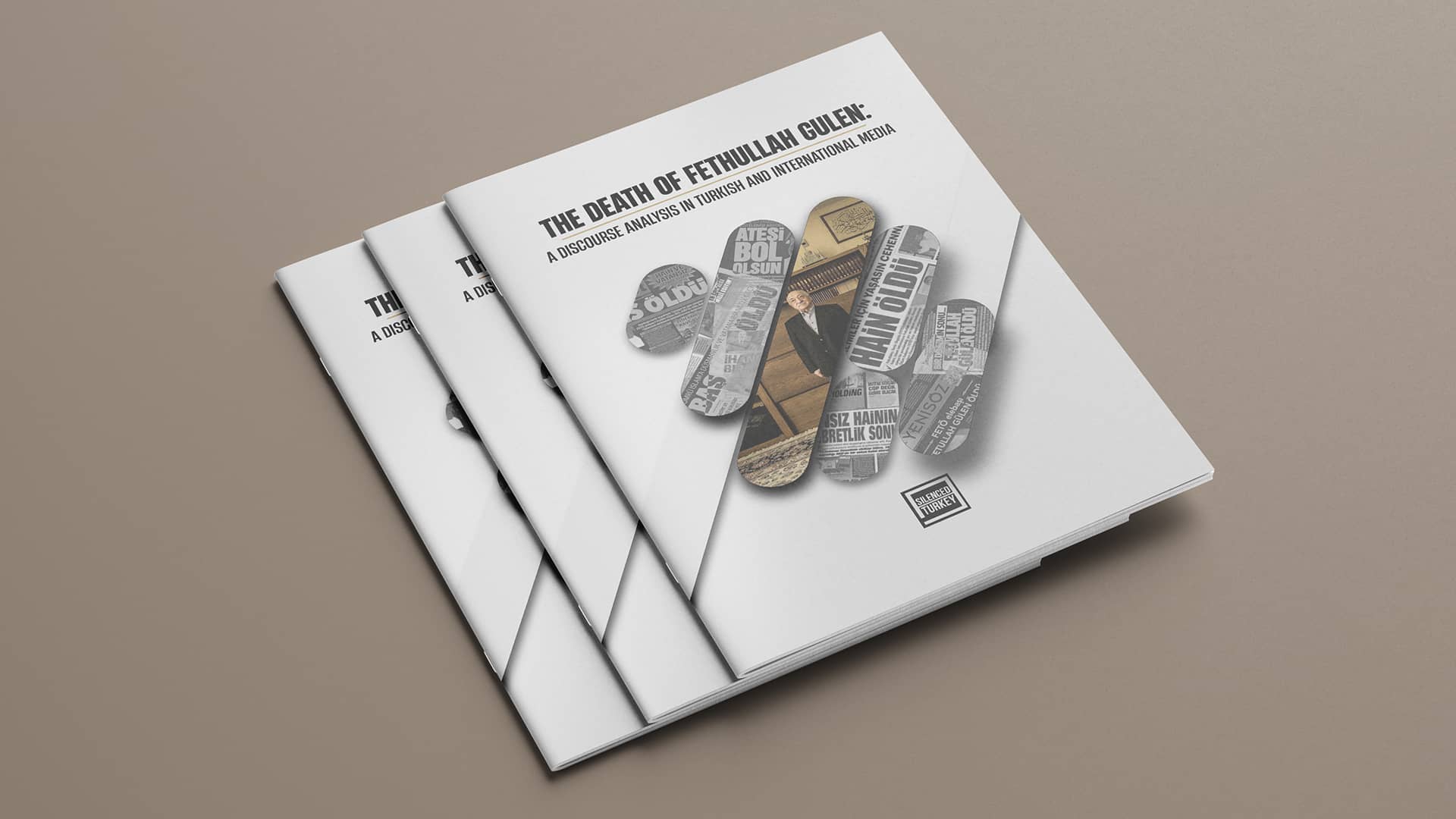Beyond Turkey’s Borders: Unveiling Global Purge, Transnational Repression, Abductions

Beyond Turkey’s Borders: Unveiling Global Purge, Transnational Repression, Abductions
Turkey’s pursuit of alignment with the principles of the European Union has been marred by the government’s increasingly authoritarian tendencies, particularly since 2011.
Regrettably, the country has witnessed a rapid decline, distancing itself further from the realm of modern democracy. Since 2014, Turkey’s Freedom Index score has plummeted due to a series of escalating assaults on press freedom, social media users, protesters, political parties, the judiciary, and the electoral system. President Recep Tayyip Erdoğan has sought to establish personalized control over the state and society within a deteriorating domestic and regional security environment.
Various factors have contributed to this grave situation. The Erdoğan regime’s change in rhetoric following the 2011 referendum, coupled with its increasing encroachment upon private life, has sparked concerns. The rapid marginalization of opposition voices and the rise of an authoritarian discourse have exacerbated societal fault lines. In 2013, when the nationwide Gezi Park protests emerged as a social movement reflecting these tensions, Erdoğan responded harshly. Rather than taking a step back, he intensified pressure on the opposition. Furthermore, when corruption investigations emerged in December 2013, implicating him and his close associates on an unprecedented scale in the history of the Republic, Erdoğan declared the Gülen movement as a domestic tool of international powers aiming to overthrow him. The subsequent purge of Gülen movement members, also known as Hizmet, irreversibly solidified the country’s descent into an authoritarian one-man regime. The coup attempt on July 15 served as the final blow to the already fragile democracy in Turkey.
Hizmet, known for its extensive focus on education, humanitarian aid, and interfaith dialogue, had long been viewed as a positive influence, showcasing Turkey as a mystical yet adaptable and open-minded nation. Gülen schools became places where close connections were formed with elites and their children in numerous countries. However, Erdoğan exploited the movement’s international reach as evidence of its alleged manipulation by foreign powers.
When President Goes to War
President Erdoğan has repeatedly pledged to eradicate the Gülen Movement from life. Employing the might of the state and forming unlikely alliances with former adversaries, Erdoğan, referring to the movement as the Parallel Structure, spared no effort in his campaign against Hizmet. He initiated what he termed a “witch hunt,” targeting the movement’s followers by purging them from public positions, undermining media influence, implementing bureaucratic obstacles, and subjecting institutions and companies to incessant inspections. The culmination of these actions came with the attempted coup on July 15, 2016, during which Erdoğan attributed blame to Hizmet, providing a justification for his draconian measures. He boldly proclaimed, “Not a single member of this organization will feel at ease, neither in the East nor in the West. Today or tomorrow, every member of the treacherous FETÖ front will be held accountable for betraying their country and their people.” To vilify the movement, Erdoğan adopted the acronym FETÖ, representing Fetullah Terrorist Organization.
A Cultural Genocide
Erdoğan’s actions were not mere rhetoric; he implemented measures to make the lives of Gülen followers inside the country unbearable. Exploiting the coup attempt, which the Hizmet movement consistently denied involvement in and disavowed from the outset, Erdoğan capitalized on a state of emergency to completely disregard existing laws, including international standards such as the Universal Declaration of Human Rights. What followed was an unprecedented and frenzied witch hunt.
Since the onset of the witch hunt against the Hizmet movement in Turkey from early 2022, approximately 1.6 million people have faced prosecution, accused of being members of armed terrorist organizations. Over 300,000 individuals have been subjected to detention, and more than 100,000 have been arrested. The cancellation of 234,419 passports further restricted freedom of movement. During the state of emergency following the failed coup attempt in 2016, over 152,000 civil servants were dismissed without the opportunity to present their defense. Moreover, 4,500 judges and prosecutors were summarily removed from their positions, with 4,000 of them subsequently arrested. Shockingly, more than 17,000 women were arrested for political reasons, and over 3,000 children under the age of 6 were imprisoned alongside their mothers, the majority of whom were detained for political motives. At one point, nearly 900 babies were confined in the grim wards of Turkish prisons.
Tragically, 36 individuals who attempted to flee the country to escape inhumane practices such as intense pressure, social isolation, imprisonment, torture, and persecution lost their lives, drowning in the Maritsa River and the Aegean Sea. Among the victims were numerous young children. Disturbingly, around 800 people reportedly succumbed to psychological problems, while over 100 individuals ended their lives due to the trauma and stress they experienced. The consequences of the crackdown extend to academia, where a total of 23,427 scholars either lost opportunities for promotion or were expelled. Among them, 406 were expelled for signing a declaration advocating peace, and 3,041 were dismissed for working in shuttered universities. Furthermore, 7,508 academics and scientists were excluded from academic life due to their affiliation with specific political and social groups.
The cultural genocide carried out by the political power in Turkey also targeted various institutions. The doors of 1,598 associations were forcefully closed, and 560 foundations, engaged in education, social cooperation, and solidarity, were shut down despite their legal immunity. Additionally, 5,728 institutions were closed, resulting in the dismissal of over 40,000 employees without any rights or compensation. 29 unions were closed. Even being a member of these unions was considered a crime.
Freedom of the press has been severely undermined. With decree laws exempted from judicial review, 33 television channels and 34 radio channels were forcibly closed. Furthermore, 90 publications, including Turkey’s leading newspapers and magazines, were unlawfully seized and shut down, despite constitutional guarantees.
Educational institutions also fell victim to the social genocide perpetrated by the Turkish government. Through decree laws, the doors of 1,604 high schools, primary schools, and kindergartens were abruptly closed. Additionally, 360 private prep courses and study centers were terminated, and their assets were confiscated. The closure of 847 student dormitories, which had provided accommodation and support to students throughout their educational journey, resulted in their displacement. Erdoğan even seized 15 foundation universities, esteemed for their contributions to education.
Using accusations against owners and managers as a pretext, the political Islamist government seized 985 companies, along with their assets, and wrongfully confiscated the movable and immovable properties of those unjustly accused and imprisoned. In this manner, personal and corporate accounts worth more than 30 billion TL were seized. The arbitrary detentions and politically motivated retaliatory actions have led to severe overcrowding in prisons. Despite a total capacity of 233,194 individuals, as of February 28, 2022, Turkish prisons accommodate 309,558 detainees and convicts. In terms of the prison density ratio per population, Turkey ranks first among member states of the Council of Europe, with 3,642 prisoners per 1 million people.
These egregious violations amount to a cultural genocide, with devastating consequences for individuals, families, and society as a whole. The Advocates of Silenced Turkey denounce these grave human rights abuses and emphasize the urgent need for international attention and action. The international community must hold Turkey accountable for its disregard of fundamental rights, ensure justice for the victims, and work towards the restoration of democracy, rule of law, and respect for human rights in Turkey.
Globalizing the Theater of War
Erdoğan also attempted to convince countries through carrot and stick policies or more diplomatic means to join his personal fight and do the same to the Hizmet members within their borders without heeding too much about what the rule of law inherently entails. Various governments did not hesitate to jump on the bandwagon and bowed to Erdoğan’s diplomatic pressure to arrest and deport members of the movement living in their own countries. Angola, Azerbaijan, Bahrain, Bulgaria, Georgia, Indonesia, Kazakhstan, Lebanon, Malaysia, Morocco, Myanmar, Pakistan, Qatar, Saudi Arabia, Sudan and Turkmenistan are some of these countries. In some countries such as Myanmar, Kosovo, Kazakhstan and Sudan, countries did not even obey their own laws while carrying out deportations.In some countries, the local intelligence agencies cooperated to seize Gülen followers, while in some others, Turkey’s National Intelligence Agency (MİT) didn’t even need to ask for permission to stage an operation.
In Azerbaijan, Bahrain, Bulgaria, Malaysia, and Pakistan, the domestic authorities blatantly violated international laws by deliberately deporting or letting Turkish intel agents kidnap Erdoğan’s opponents, who had applied for asylum or had UN protection against persecution.
Vicious Methods Inside and Abroad
Although it is not easy to determine the exact number, around 130 people were abducted in and outside of Turkey through heinous methods, and even their most basic fair trial and defense rights were brushed away. Some of these people who were abducted abroad by covert operations were under the protection of the United Nations. They were subjected to severe torture, forced to sign false testimonies, turned into the living dead, and even killed. Ankara was even accused of abusing the Interpol system by requesting the extradition of more than 40,000 people on arbitrary terrorism charges, revoking the passports of dissidents struggling to survive as expatriates, and issuing arrest warrants on false charges. The country’s intelligence agents abducted and brought people, most of whom were alleged to be affiliated with the Gülen movement, to Turkey, sometimes in cooperation with the relevant authorities of the country, sometimes without even bothering to inform them.
Inside the country, some people were abducted in broad daylight. 29 people were registered as victims of enforced disappearance. While most of these people appeared in police stations with marks of heavy torture on them, it is feared that some of them have been killed because they have not been heard from for years. Some of the survivors found the courage to tell the bloody details of their torture. Almost all of the people who were handed over to the police and arrested showed signs of severe physical and psychological damage.
The summary of Turkey’s poor human rights record in the US Department of State’s regularly published Country Reports on Human Rights Practices is growing in size every year, marking a precipitated aggravation of the situation. In the 2021 report, for instance, the size of the summary was twice as much as it was in the 2018 report. The latest report stipulated Turkey’s substandard human rights record as follows: “Significant human rights issues included credible reports of: arbitrary killings; suspicious deaths of persons in custody; forced disappearances; torture; arbitrary arrest and continued detention of tens of thousands of persons, including opposition politicians and former members of parliament, lawyers, journalists, human rights activists, and employees of the U.S. Mission, for purported ties to “terrorist” groups or peaceful legitimate speech; political prisoners, including elected officials; politically motivated reprisal against individuals located outside the country, including kidnappings and transfers without due process of alleged members of the Gulen movement; significant problems with judicial independence; support for Syrian opposition groups that perpetrated serious abuses in conflict, including the recruitment and use of child soldiers; severe restrictions on freedom of expression, the press, and the internet, including violence and threats of violence against journalists, closure of media outlets, and arrests or criminal prosecution of journalists and others for criticizing government policies or officials, censorship, site blocking, and criminal libel laws; severe restriction of freedoms of assembly, association, and movement, including overly restrictive laws regarding government oversight of nongovernmental organizations and civil society organizations; some cases of refoulement of refugees; serious government harassment of domestic human rights organizations; gender-based violence; crimes involving violence targeting members of national/racial/ethnic minority groups; crimes involving violence against lesbian, gay, bisexual, transgender, queer, and intersex persons.”

The Scope of the Report
The report consists of three parts. The introduction will first provide a consolidated approach to the nature of the war waged by the Turkish State against the Gülen movement, emphasizing Erdoğan’s passion for revenge, which has further worsened the conditions of Gülen supporters. The first part will also provide a comprehensive discussion of abductions and enforced disappearances within the framework of international law.
The second part will shed light on how the Erdoğan administration has expanded its operations against supporters of the Gülen movement around the world, stipulating and examining all known cases around the world. The third chapter will deal with forced abductions in Turkey, also called the Black Transporter cases.
PART 1: INTRODUCTION
It’s no secret that Turkey’s ruling Justice and Development Party (AKP) and its authoritarian political Islamist regime led by its leader, Recep Tayyip Erdoğan, have long suppressed opposition in the country. Hand in glove with the dark elements of the country’s former power centers, its struggle against any form of political opposition has been waged with drastic measures, often reminiscent of dark memories of the witch hunts of the Middle Ages.
As demonstrated on numerous occasions, the Turkish state’s actions to squelch and silence critics contain a list of the most baleful forms of crimes against humanity basically including hate crimes, such as demonization, slander and libel that are gushing out in torrents from a giant propaganda machine against any segment of the society that dares to position itself opposite the government. Once shunned as a despicable act even for the nation’s intelligence agency, profiling has become a daily routine of not only state institutions, but also civil society institutions, media and even individuals. The profiling files are published in national media outlets as if it is a most ordinary thing. Open or covert threats, physical attacks and torture in the name of the state and for the “holy” purpose of saving the dignity of Erdoğan’s position are no longer counted as crimes. And that’s not all: those who use force for this purpose are respected and rewarded.
This report will attempt to throw light upon one of the most contemptible misdeed among all these practices of malfeasance, one that the state has been relentlessly committing recently under orders of Erdoğan: forced disappearances, abductions and quid pro quo renditions of the dissidents in Turkey and abroad. It will also attempt to show how the autocratic regime has been employing state institutions as well as what appear to be non-governmental organizations (NGOs) as visible actors in the process of its persecutions.
Besides the fact that the magnitude of such efforts to silence, persecute the dissenting voices has not abated within the borders; the Turkish state has also escalated its cross-border operations against the dissenters. These unbridled and often reckless actions have caused in many cases problems in relationships with other governments, since such engagements are a clear violation of international treaties. Such actions are considered a direct interference in other countries’ domestic affairs, as well as an unconcealed denial of their national sovereignty.
It goes without saying that these clandestine operations also pose a crime against humanity, and, as evident in the UN practices in similar cases, may become subject to international tribunal proceedings. Unfortunately, in this sense, Turkey has become part of the club of countries that do not respect foreign jurisdiction very much when plotting against people or communities they deem enemies. North Korea stands out as a notorious example, as it uses enforced disappearances, abductions, renditions and assassinations of political opponents as an ordinary practice to eradicate the figures it finds “inconvenient” for its stability. How unfortunate it is to see the public indifference in Turkey as Erdoğan steers the country, which had once been a regional model for its seemingly successful combination of Islam and democracy, towards the path of the most oppressive regimes of the world, with such despicable and inhumane actions of enforced disappearances, torture and murder.
An enforced or involuntary disappearance is a direct assault on human rights, which cannot be legitimized on any grounds in terms of international law. Neither can it be conceivably acceptable in terms of humanity and conscience. The Declaration on the Protection of All Persons from Enforced Disappearance provides a satisfactory definition for this crime. Proclaimed by the UN General Assembly in its resolution 47/133 of 18 December 1992 as a body of principles for all states, the declaration defines enforced disappearance as incidents in which “persons are arrested, detained or abducted against their will or otherwise deprived of their liberty by officials of different branches or levels of Government, or by organized groups or private individuals acting on behalf of, or with the support, direct or indirect, consent or acquiescence of the Government, followed by a refusal to disclose the fate or whereabouts of the persons concerned or a refusal to acknowledge the deprivation of their liberty, which places such persons outside the protection of the law.” How can one justify such a vicious act?
What is even worse is that the Turkish authorities have only rarely repudiated the claims of extreme and illegal measures to silence the opposition. On the contrary, high-ranking government officials bragged about them for domestic political gains and to gain popular acclaim. Even bureaucrats from security and intelligence units have embraced such practices. The Turkish media, which has almost become a submissive instrument and staunch promoter of power to propagate Erdoğan’s messages to the masses, has been brimming with success stories of how people have been beaten and snatched in front of their children and wife or with “delightful” details of how these “bad guys” were whisked away from a foreign country — with or without cooperation of the officials of that country — as if they were not talking about the devastation of real lives, but rather narrating fictional spy thrillers.
This report aims to put a particular focus on these devastated lives: to examine abductions and enforced disappearances by the Turkish state inside and outside its borders. It tries to include as many cases as possible by resorting to open resources, as well as by trying to get access to the personal accounts of those who survived.
Academic Voices Silenced in Turkey
6,081 academics dismissed in Turkiye—freedom is the first casualty when universities become battlegrounds for power....
Read MoreThe Teenage Girls Case: A Call for Justice
In May 2024, a large-scale anti-terrorism operation took place in Istanbul, where 48 individuals, including high school ...
Read MoreThe Death of Fethullah Gülen: A Discourse Analysis in Turkish and International Media
On October 20, 2024, Fethullah Gülen, the founder of the Hizmet Movement/Fethullah Gülen Community, passed away in the U...
Read More


